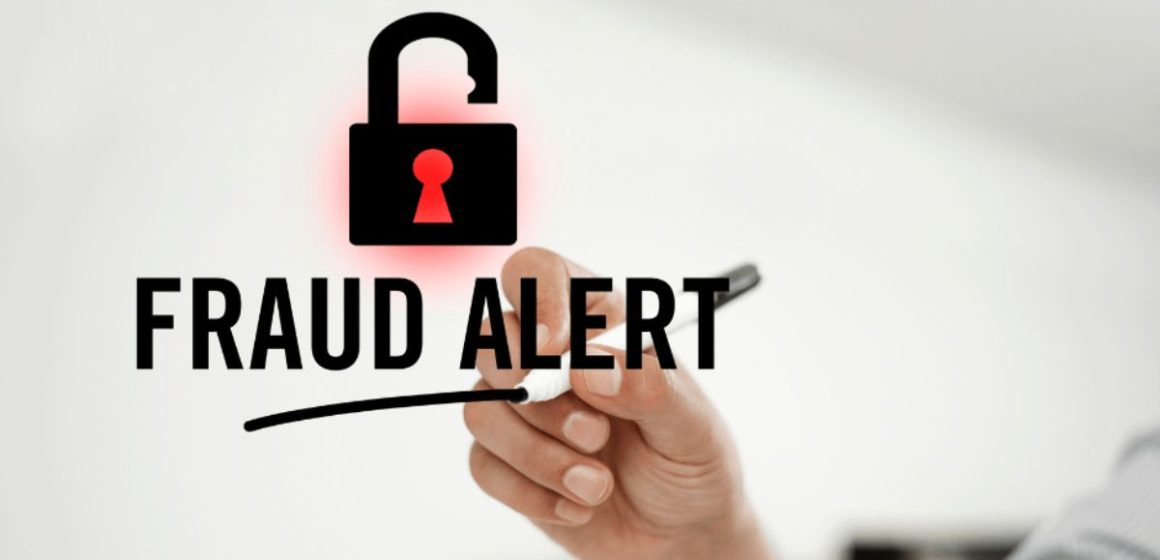Scams targeting citizens, companies, and government agencies have increased in Maryland in recent years. These fraudulent acts include both conventional impersonation scams and complex cyber schemes.
To safeguard oneself and the society, awareness and alertness are essential. Marylanders are now being impacted by the following five common scams:
Scams of Government Impersonation
Scammers pretend to be representatives of government organizations, including the Social Security Administration (SSA) or Internal Revenue Service (IRS), in order to trick people into paying or divulging personal information.
To arouse fear and spur quick action, they can threaten deportation, penalties, or arrest. To look authentic, these scammers frequently utilize caller ID spoofing.
Preventive Actions:
- Use the agency’s official contact details to get in touch with them directly and confirm the caller’s identity.
- Unwanted calls requesting immediate payment or personal information should raise suspicions.
- Keep in mind that formal letters, not combative phone calls, are usually how government entities interact.
Scams involving Cryptocurrency Investments
Scams involving cryptocurrency investments have significantly increased in Maryland. Marylanders reported losing around $54.5 million as a result of fraudulent bitcoin schemes between January and August of 2024.
By promising large profits on cryptocurrency investments, scammers entice victims, then take the money and run.
Preventive Measures:
- Unsolicited investment offerings should be avoided, especially if they promise large returns at low risk.
- Before making an investment, thoroughly investigate investment platforms and speak with certified financial experts.
- Don’t give out financial or personal information to persons you don’t trust or who seem suspicious.
Phishing and email scams
Residents have been alerted by Maryland State Police to online frauds that target Gmail accounts. Scammers use Google Maps to send emails with pictures of the target’s home and threaten to demand Bitcoin payments.
The goal of these strategies is to scare people into submitting to false demands. Citeturn0search3
Safety Advice:
- Never reply to unsolicited emails asking for money or personal information.
- Before opening attachments or accessing links, confirm the sender’s validity.
- Notify the proper authorities or email service providers of any questionable emails.
Scams involving law enforcement impersonation and jury duty
Scammers pose as court representatives or law enforcement officers and tell victims that they have skipped jury duty and need to pay a fine to avoid being arrested.
They might use unusual means, including wire transfers or prepaid cards, to demand fast payment.
Ways to Prevent:
- Keep in mind that reputable law enforcement organizations don’t ask for money over the phone.
- Contact the relevant court or law enforcement organization directly to confirm any claims.
- Never give uninvited callers your financial or personal information.
Prize and Lottery Fraud
Scammers tell people they have won a prize or lottery, but in order to claim the money, they demand upfront payments or personal information.
For instance, a Maryland individual was deceived into believing they had won a $450,000 prize when, in reality, it was a scam intended to steal money and personal information.
Suggestions:
- Unwanted wins messages should raise suspicions, particularly if you didn’t participate in any contests.
- To claim a prize, do not divulge personal information or pay upfront payments.
- Use the organization’s official contact details to get in touch with them directly and confirm the validity of the reward notice.
To Conclude
In conclusion, the increase in scams throughout Maryland emphasizes the value of being alert and taking preventative action.
To protect themselves from monetary losses, residents should follow advised procedures and remain aware of common scams.
Marylanders may better prevent themselves and their neighbors from becoming victims of fraudulent schemes by creating a community that is aware of these hazards.



Leave a Reply